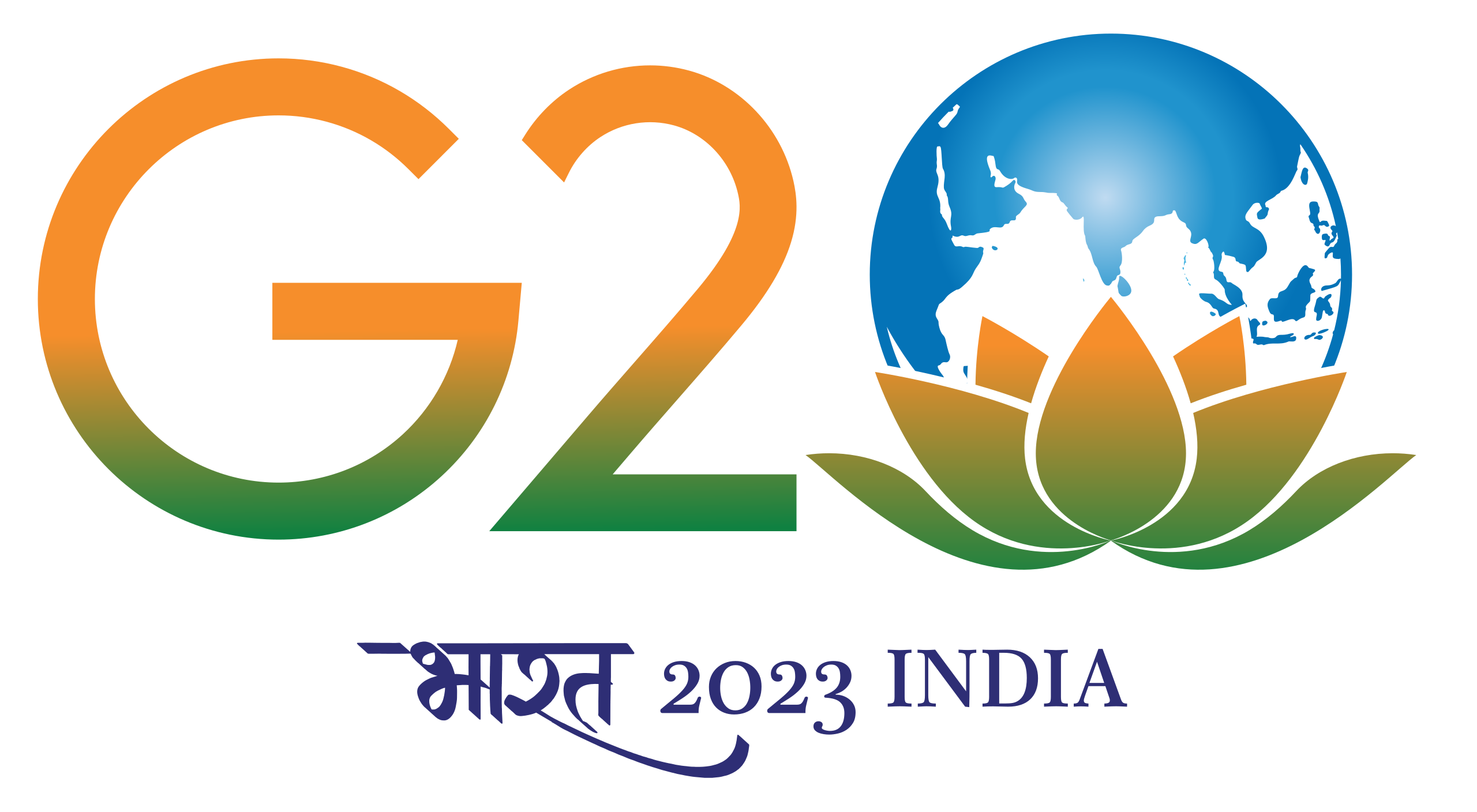Ph. D. Programme
Areas of Research:
-
Analysis of PDE
-
Applied Statistics
-
Actuarial Science
-
Algebraic Topolgy
-
Banach Algebras
-
Category Theory
-
Combinatorics and Graph Theory
-
Commutative Algebra
-
complex analysis
-
Computational Finance
-
Computational Fluid Mechanics
-
Differential Equations
-
Differential Geometry
-
Fractal Geometry
-
Fractional Calculus
-
Functional Analysis
-
Fuzzy Graph Theory
-
Fuzzy Logic
-
Game Theory
-
Geometric Function Theory
-
Graph Theory
-
Harmonic Analysis
-
Lie Algebras/Superalgebra
-
Linear Algebra
-
Mathematical Analysis
-
Matrix Theory
-
Modular Forms
-
Nonlinear Dynamics
-
Nonlinear Elliptic and Subelliptic PDEs
-
Number Theory
-
Numerical Analysis and Scientific Computing
-
Numerical Analysis of DE
-
Numerics of singularly perturbed DE
-
Operation Research
-
Operator Algebra
-
Operator Theory
-
Optimization
-
Partition Theory
-
Reliability of Systems
-
Set Generalizations
-
Several Complex variable
-
Singular Perturbation Problems
-
Special Functions and Function Spaces
-
Spectral Graph Theory
-
Stochastic Modelling and Applied Statistics
-
Stochastic Process and Applications
-
Theory of rings and modules
-
Time Series Analysis
-
Topological Data Analysis
-
Topology
-
Variational Analysis
-
Wave structure interactions
-
Wavelets Theory

